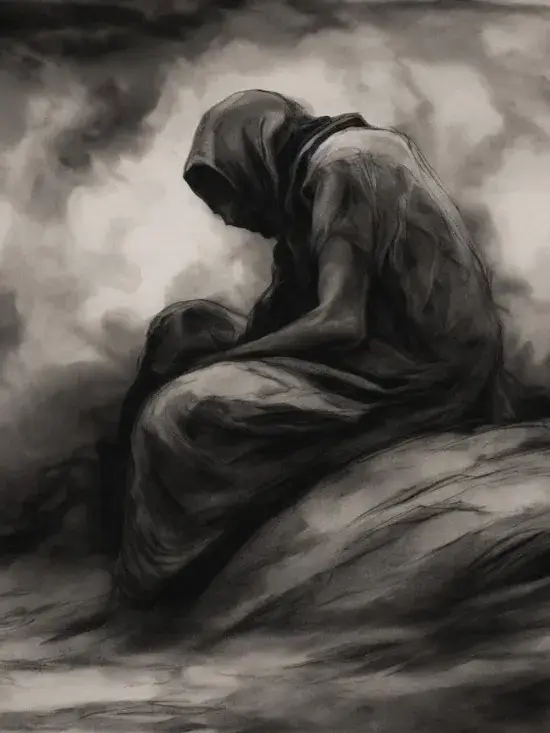Bipolar Depression
Let’s dive into something pretty important here, and that’s understanding bipolar depression.
Now, you might have heard of bipolar disorder—it’s a term that gets tossed around a lot. But when we talk about bipolar depression, we’re getting into something that might not be as familiar to everyone.
It’s like the flip side of a coin that doesn’t always get shown.
Here’s the deal: when someone’s dealing with bipolar disorder, they’re riding a rollercoaster that’s got some pretty high highs and some really low lows.
And, let me tell you, those lows? They’re not just low. They’re like being stuck in a dark tunnel kind of low. That’s your bipolar depression.
It’s a big deal because, for a lot of folks, this is the part of the ride that takes up the most time and feels the hardest to get through.
Now, imagine you’re on this rollercoaster. You’re spending more time in the tunnels than you are enjoying the view from the top.
That’s because episodes of bipolar depression tend to last longer and hit harder than those manic or hypomanic phases.
It’s like for every wild, up-in-the-clouds moment, there’s this longer, heavier time where everything just feels too heavy to lift.
Understanding Bipolar Depression: The Nitty-Gritty
Here’s what you need to know: depressive episodes in bipolar disorder are like unwanted guests that stay way too long.
They make you feel all sorts of down—sad, empty, like nothing’s worth doing anymore.
It’s a tough spot to be in, and it’s even tougher because it takes longer to bounce back from these episodes than it does from the manic ones.
And, here’s a hard truth: the darkest moments, the times when people feel the most lost, often happen during these depressive stretches.
But here’s the good part, and yes, there’s a good part: understanding bipolar depression is the first step to managing it.
It’s not just about slapping a label on something; it’s about knowing what you’re dealing with so you can tackle it head-on.
And tackle it you can, with a combo of talk therapy and medication that can really make a difference.
Recognizing Bipolar Depression: What to Look For
If you’re caught in the grip of a depressive episode, you might find yourself losing interest in just about everything.
Stuff you used to enjoy? Doesn’t seem worth it anymore.
You might feel this persistent sadness or emptiness, feeling like you’re just not worth the good things in life.
Weight might go up or down without trying, sleep becomes a battle—either too much or not enough—and everyday tasks? They feel like climbing mountains.
And it gets tougher—you might find yourself stuck in your thoughts, unable to shake off the fog to make decisions or even just get through the day.
It’s a tough place to be, feeling restless or slowed down, obsessing over thoughts of not wanting to be here.
But, and I want to be clear on this, bipolar depression, while it might mimic other conditions, is its own beast.
And understanding it? That’s like holding up a torch in that dark tunnel. It doesn’t make the tunnel disappear, but it sure helps you find your way through.

